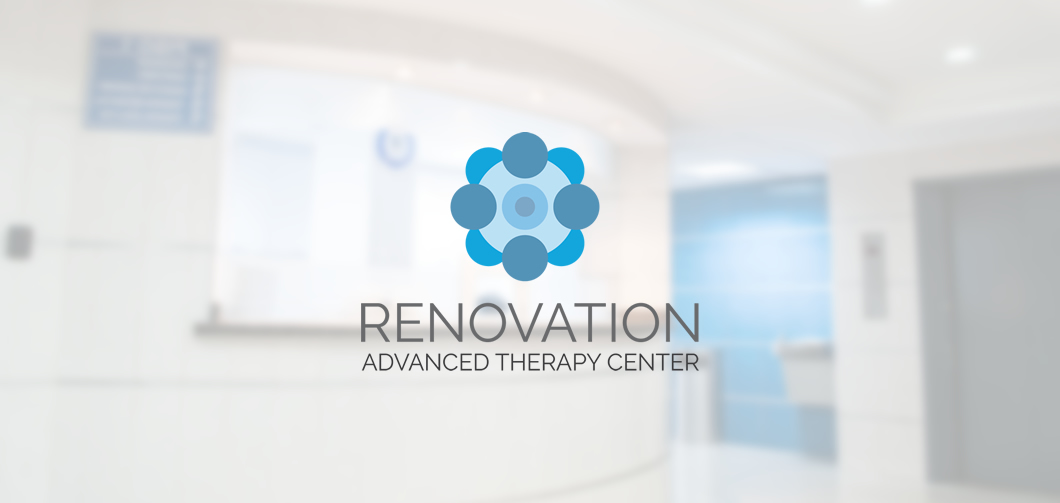Stem Cell Treatment for Alzheimer’s Disease

About Alzheimer’s Disease
Alzheimer’s disease (AD), also called simply Alzheimer’s, is a neurodegenerative disease that manifests as cognitive and behavioral disorders. It is characterized in its typical form by a progressive loss of memory and other mental abilities, as nerve cells die and different areas of the brain atrophy. The disease usually has an approximate average of ten to twelve years, although this can vary.
Stem cells are a special type of cell that has not yet dedicated itself to a particular type of tissue. Most cells in the body are specific and local to a certain body part. For example, skin cells always make new skin cells, and brain cells always make new brain cells. Stem cells are not limited in this way. Instead, these new cells will take on the form of the tissue that surrounds them.
Because of this property, stem cells can be effectively used to aid in the repair and regeneration of damaged tissues. This is at the heart of stem cell therapy and is why these treatments can be so effective for patients suffering from Alzheimer’s Disease by giving worn-down tissue the proper tools to repair itself, the body can regenerate naturally.
Stem cell therapy has been shown to have beneficial effects in patients whose tissues or organs have weakened or shown signs of fatigue. The weakness and degeneration of these systems can be counteracted or reversed through this treatment. In effect, stem cells invigorate the other tissue and boost the body’s organic functions.
How Stem Cell Therapy Works
Stem cells can be harvested from adipose tissue or Mesenchymal Umbilical Cord Tissue, which includes fresh cells, proteins, growth factors, and other tools necessary to rebuild damaged organs or tissue.
Although these substances exist naturally in an individual’s bone marrow/adipose tissue they are usually not released into a person’s bloodstream in sufficient quantities to repair damage throughout the body. By liberating the stem cells and relocating them to an affected area, stem cell treatment solves this problem.
Our Alzheimer’s Disease Stem Cell Treatment differs from standard methods by attacking the root cause inside the brain. We offer Stem Cell treatments with enhanced or manipulated stem cells. These expanded and mobilized stem cells have been found to provide better results than non-manipulated stem cell applications. Manipulation or amplification of the stem cells is done in the lab, where care is taken to retain the cell properties. These expanded and mobilized cells to provide superior results, and cell recovery has been found to occur twice as fast as with non-manipulated stem cell applications.
Another excellent alternative for patients suffering from Alzheimer’s Disease is the administration of differentiated stem cells, specifically stem cells called Neural/Neuronal. Patients respond very favorably, with very significant results.
What is a Neural Stem Cell?
Neural stem cells (NSCs) have the potential to give rise to offspring cells that grow and differentiate into healthy neurons and glial cells. They are specialized cells, they only regenerate central nervous tissue.
